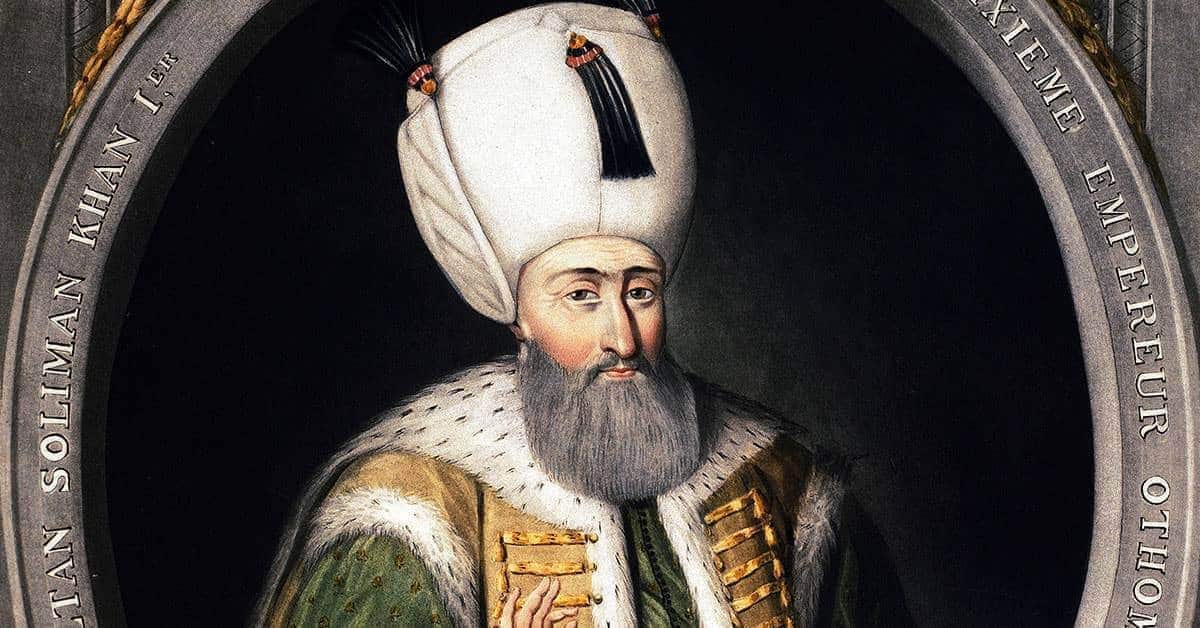
ADVERTISEMENT - CONTINUE READING BELOW
Failure #1 – He Failed in Several Key Battles & Several of His Wins Were Only Moderately Impressive
Even Suleiman’s victories come with caveats. For example, the capture of Belgrade was certainly an important win, but he faced little in the way of opposition. As his forces bombarded the city with heavy artillery, the 700-man garrison inside received no assistance from Hungary. Even a mediocre commander would have eventually taken Belgrade under those circumstances. In contrast, Mehmed II faced over 4,000 well-trained troops and 60,000 peasants under the leadership of John Hunyadi when he tried to take Belgrade in July 1456.
He outnumbered the Hungarians at Mohacs by at least 2:1 and King Louis II was a very weak leader. The Siege of Vienna in 1529 was a complete failure. The Ottomans outnumbered the defenders of the city by at least 5:1 but sustained heavy casualties and ran out of supplies. His inability to create a reliable supply line is unquestionably a black mark against his leadership. This failure significantly slowed down Ottoman conquest in central Europe. Another major defeat occurred against the Knights of St. John in Fort Elmo, Malta. 9,000 men held off over 40,000 Ottomans in 1533.
Perhaps the biggest failure of his reign was the 23-year Ottoman-Safavid war which ended with the Peace of Amasya in 1555. Although the Ottomans made several gains during the lengthy conflict, Suleiman launched three different campaigns and met with frustration every single time. He was unable to deal with the enemy’s scorched earth policy, and in many cases, an inability to gather intelligence meant the Ottomans couldn’t even find the Safavids at times.
There were other failures too. The second attempt on Vienna was abandoned in 1532, Charles V of the Holy Roman Empire defeated the Ottomans at Tunis in 1535, and the Great Siege of Malta in 1565 was also unsuccessful. Of course, most military commanders lost battles, but given the resources at his disposal, one could argue that Suleiman should have been more successful. Certainly, his opponents suggest that his greatest successes came against weak, outnumbered and overmatched enemies.

